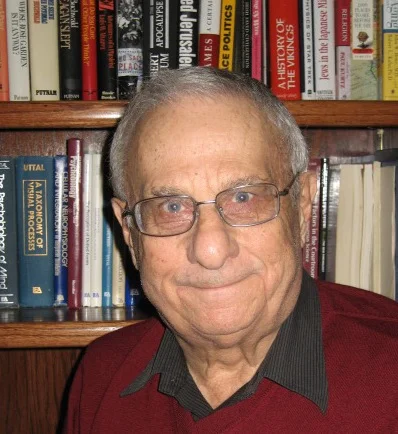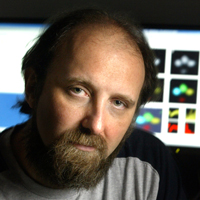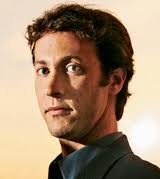"Mind in Life" with Evan Thompson (BSP 89)
/Evan Thompson, PhD
Embodied Cognition is a movement within cognitive science that argues that the mind is inseparable from the fact that the brain is embedded in a physical body. This means that everything that the brain does, from the simplest perception to complex decision-making, relies on the interaction of the body with its environment. Evan Thompson's book, Mind in Life: Biology, Phenomenology, and the Sciences of Mind, is an in-depth look at what he calls the "enactive" approach to embodied cognition. The enactive approach was pioneered by Thompson's mentor Francisco Varela, and it emphasizes the importance of the body's active engagement with its environment.
In a recent interview (BSP 89) I talked with Thompson about some of the key ideas in Mind in Life. Unlike most episodes of the Brain Science Podcast, this is not really a stand-alone episode. It is part of my ongoing exploration of both embodied cognition and the controversial topic of emergence. It is also intended as a follow-up to my recent interview with Terrence Deacon.
How to get this episode:
Premium Subscribers now have unlimited access to all old episodes and transcripts.
New episodes of the Brain Science Podcast are always FREE. All episodes posted after January 1, 2013, are free. See the individual show notes for links the audio files.
References:
Mind in Life: Biology, Phenomenology, and the Sciences of Mind, by Evan Thompson (2007).
The Embodied Mind: Cognitive Science and Human Experience, by Francisco J. Varela, Evan T. Thompson, & Eleanor Rosch (1991).
Embodied Cognition, by Lawrence Shapiro (2010).
Incomplete Nature: How Mind Emerged from Matter, by Terrence W. Deacon (2011).
Dynamic Patterns: The Self-Organization of Brain and Behavior, by J. A. Scott Kelso (1995).
Friston, K.J. (1995) "Transients, Metastability, and Neuronal Dynamics."Neuroimage 5 (164-171).
Related Episodes:
BSP 5: A bried introduction to philosphy of mind
BSP 25: Embodied Intelligence with Rolf Pfeifer
BSP 36: Art Glenberg on Embodied Cognition
BSP 53: Discussion of Did My Neurons Make Me Do It? (emergence and free will)
BSP 62: Warren Brown, co-author of Did My Neurons Make Me Do It?
BSP 73: Lawrence Shapiro, author of Embodied Cognition.
Books and Ideas #47: Terrence Deacon, author of Incomplete Nature.
Announcements:
Continuing education credit is now available for selected episodes of the Brain Science Podcast. Click here to learn more.
I will be in Philadelphia, PA October 16-21 to attend the annual meeting of the American Academy of Family Physicians. Please contact me if you would like to get together.
My eBook Are You Sure? The Unconscious Origins of Certainty is on sale for only $2.99. Please post your review.
Next month's Brain Science Podcast will be a discussion of Self Comes to Mind: Constructing the Conscious Brain by Antonio Damasio. Self Comes to Mind is also available from our sponsor Audible.com.
Please visit the Brain Science Podcast on Facebook or Google+, or join the BSP Discussion Forum at Goodreads.com.
Never miss an episode of the Brain Science Podcast! Sign up for the Newsletter.
Send me (Dr. Campbell) email at brainsciencepodcast@gmail.com or follow me on Twitter (@docartemis).






























